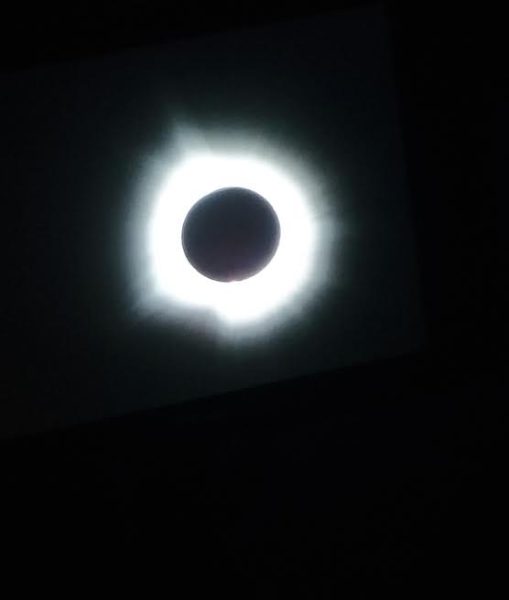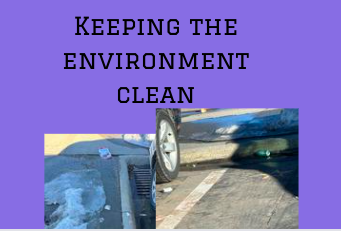Preventable Panic
Ebola Hemorrhagic Fever (EHF) is a disease contracted by humans and other primates. This human-to-human transmitted disease takes between two days to three weeks from introduction until symptoms are shown. It is cited as the second deadliest disease (between 50% and 90% of it’s hosts die) and is currently in its biggest outbreak since its discovery in 1976.
This outbreak is rooted in the West African nations of Guinea, Liberia, Nigeria, Senegal, and Sierra Leone. As of September 14, 2014, there have been 5,347 cases and 2,630 total deaths this year alone. While this may seem like the precursor to another plague, I truly believe it’s a small issue compared to other crises globally.
As a disease, it is very preventable. If this exact same disease had popped up in a first world country or even a country with a good medical infrastructure, it would have been contained rapidly and the cases would have been minimal. Many of the clinics servicing Ebola victims in these West African countries are without the absolute essentials such as bleach or even running water. These two things, if supplied, would decrease Ebola cases drastically. I understand that CNN released a statement saying that the number of cases could reach 1.4 million, but that is only if these nations stop receiving additional help, which they are getting plenty of.
As a global issue, we have bigger fish to fry. According to the Against Malaria Foundation, a child dies every thirty seconds of malaria and up to three million deaths per year are caused by that same disease. In fact, more people will die of malaria today, than have ever died from Ebola.
Ebola is not the new Black Death. Don’t suspend your mission trip to Ethiopia in fears of contracting this disease (Ethiopia is as close to Guinea as England is to Afghanistan). And next time CNN airs a segment warning you of the dangers of Ebola, just know that this epidemic pales in comparison to the many other threats of the world. The main reason that you hear about how big of an issue Ebola is is due to the fact that CNN and many other major news branches like to exaggerate in order to retain your attention, but that’s the subject of another tangent.

Hello! I am Anthony Hare, a first year writer for the SPUD. I am currently a junior at Alliance High School. I enjoy playing both varsity tennis and golf...









